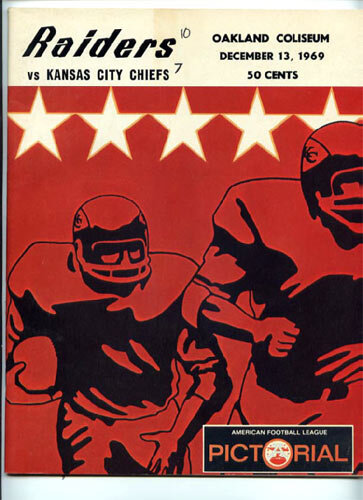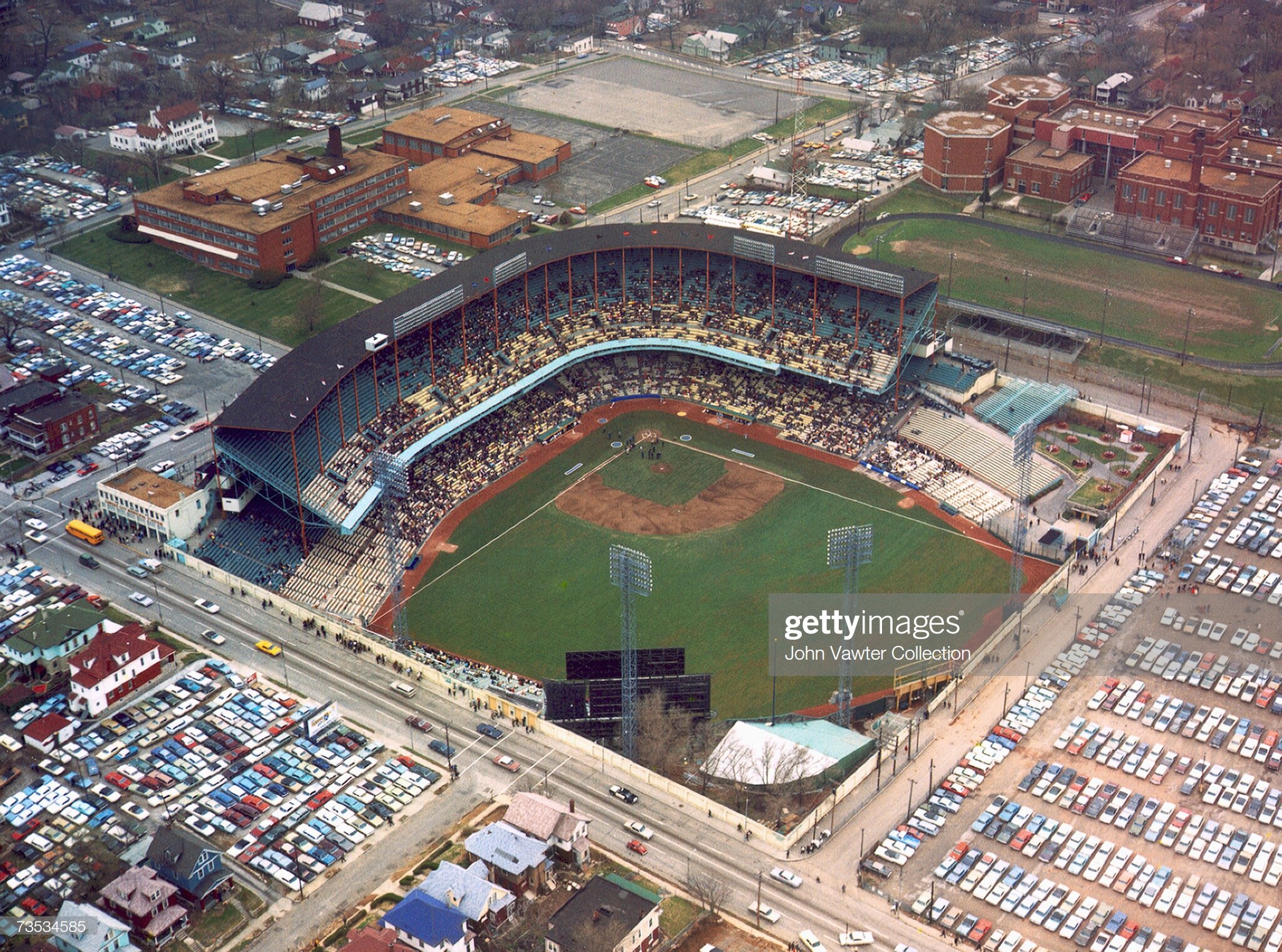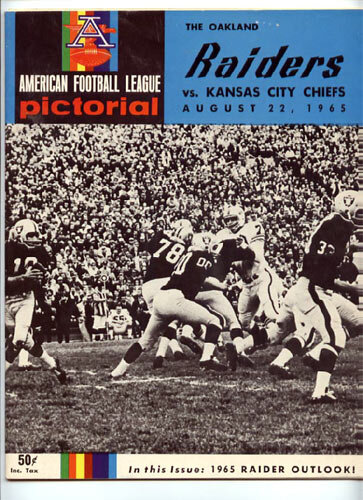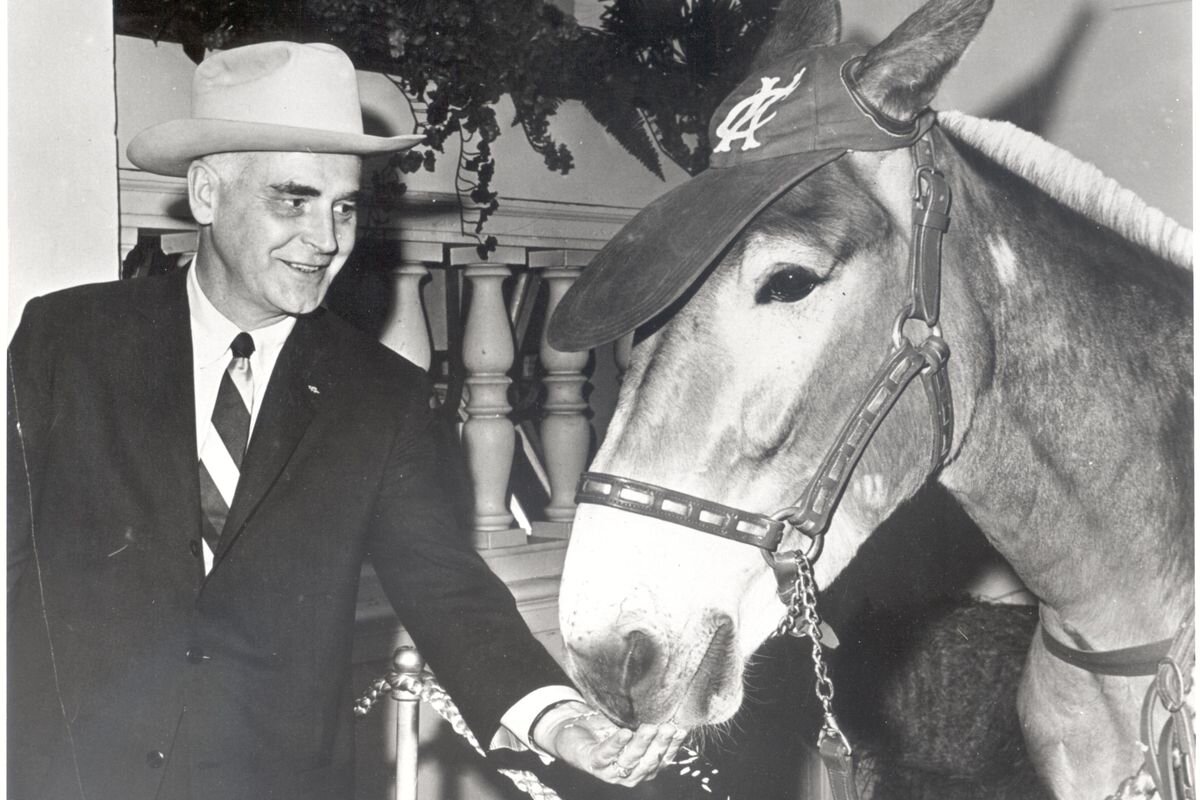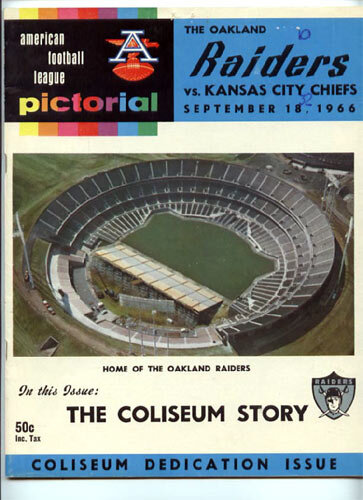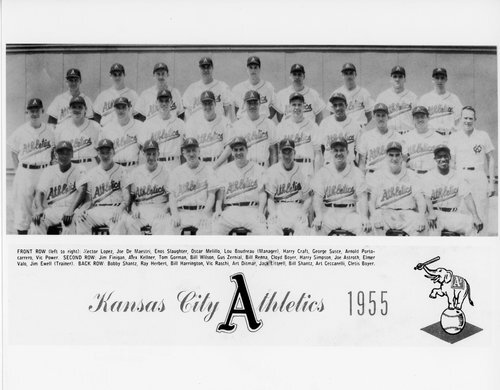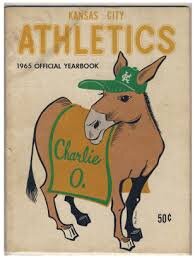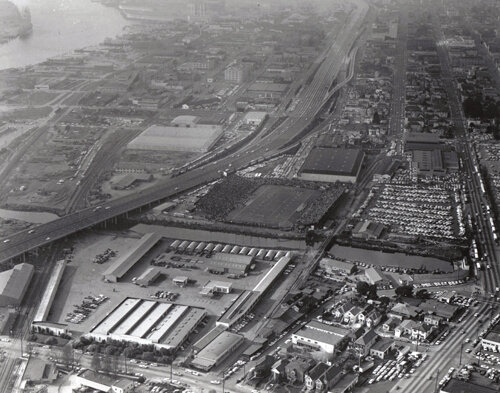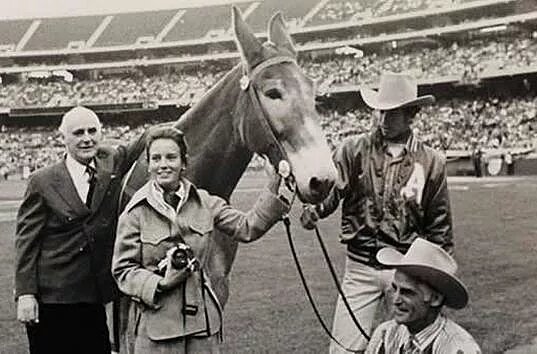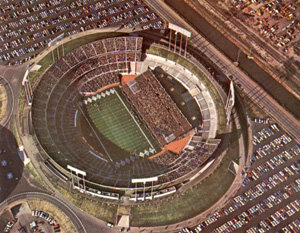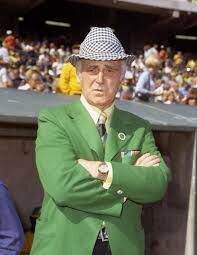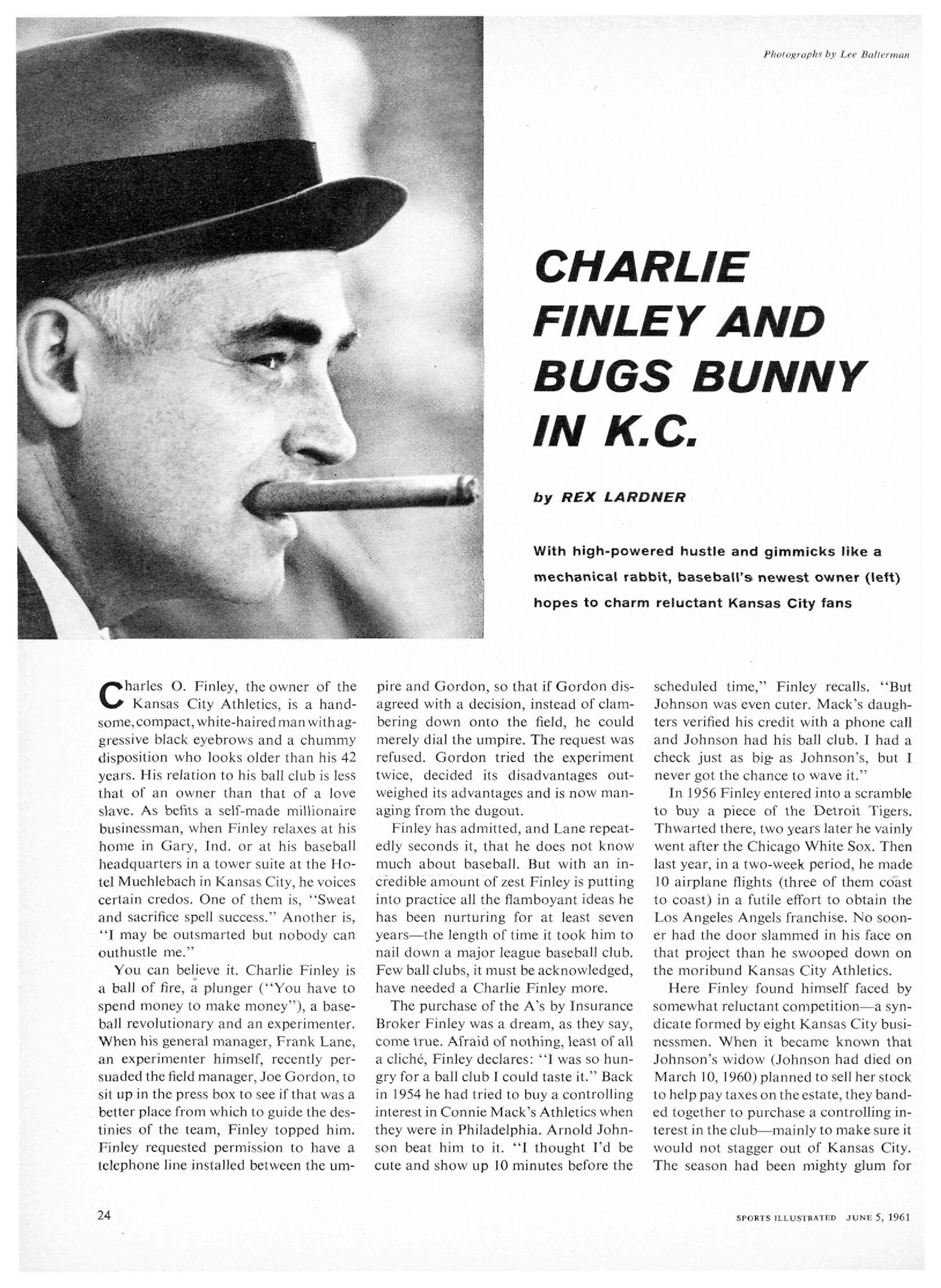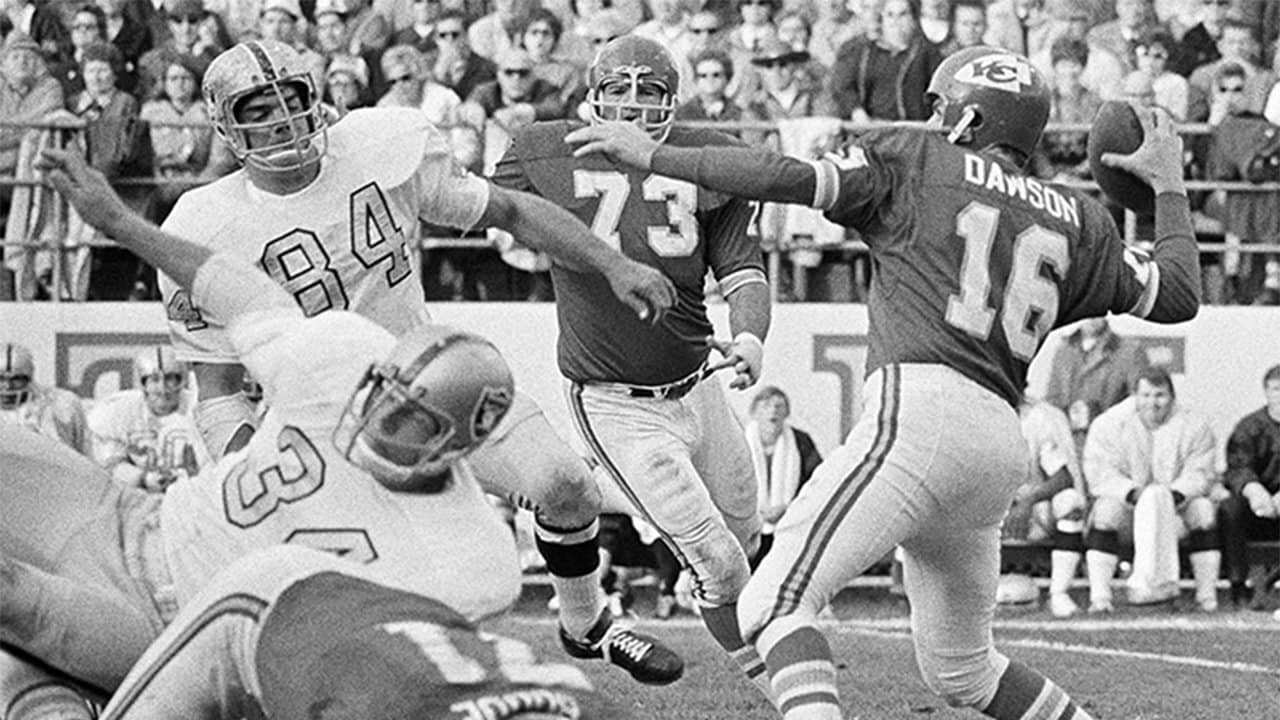We amp up the intellectual quotient this week with University of Illinois journalism professor emeritus Matt Ehrlich (Kansas City vs. Oakland: The Bitter Sports Rivalry That Defined an Era), who joins for a heady discussion around the most unlikely, yet intertwined of pro sports rivalries – and the turbulent 1960s from which it originated.
Although Oakland, CA and Kansas City, MO are geographically distant and significantly different in numerous ways, their histories actually have more in common than meets the eye, Ehrlich argues, as both cities during the Sixties:
Shared big-city inferiority complexes (blue-collar Oakland constantly overshadowed by the richer, more culturally diverse San Francisco across the Bay; bucolic Kansas City perceived as the quintessentially Midwestern “cow town”);
Experienced contentious race and labor relations;
Countered “white flight” suburbanization with ambitious urban renewal efforts; and, notably:
Featured civic-championing newspaper sports editors and government officials eager to attract top-level pro franchises in a quest for “major league” status.
Ehrlich suggests that each city’s driving ambitions to secure professional sports teams – and the national attention and civic pride that came with them – helped mutually ignite fierce rivalries (AFL/NFL football’s Chiefs and Raiders; baseball’s first-Kansas City-then-Oakland As) that thrilled local fans. But even with Super Bowl victories and World Series triumphs, major league sports proved little defense against the broader urban challenges roiling the country during the tumultuous 60s & 70s.
Ehrlich’s thesis features a cast of legendary sports characters like Len Dawson, Al Davis, Lamar Hunt, George Brett, Charlie Finley, and Reggie Jackson – and is a chronicle of two emergent major league cities forced to balance soaring civic aspirations with the harsh urban realities of racial turmoil, labor conflict, and economic crises.

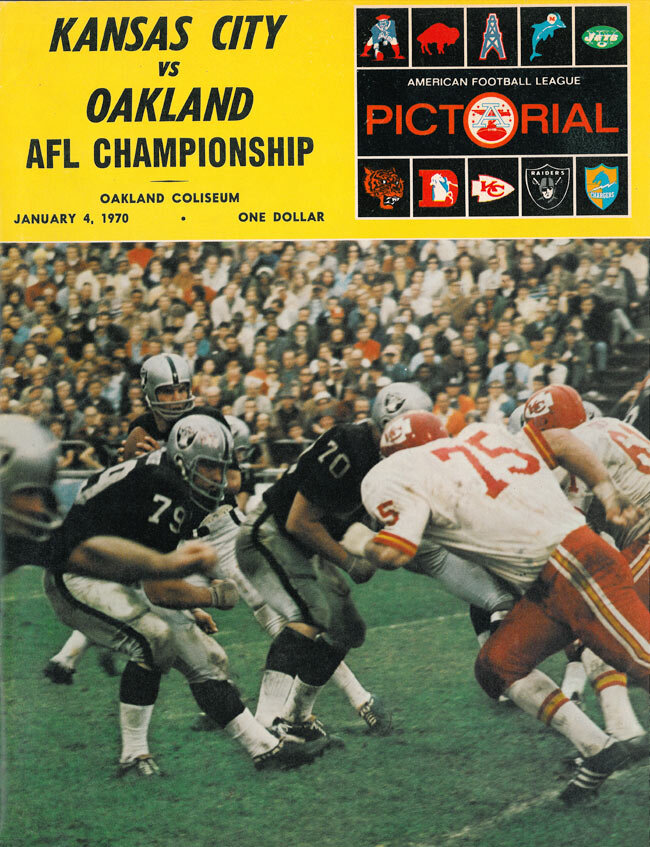
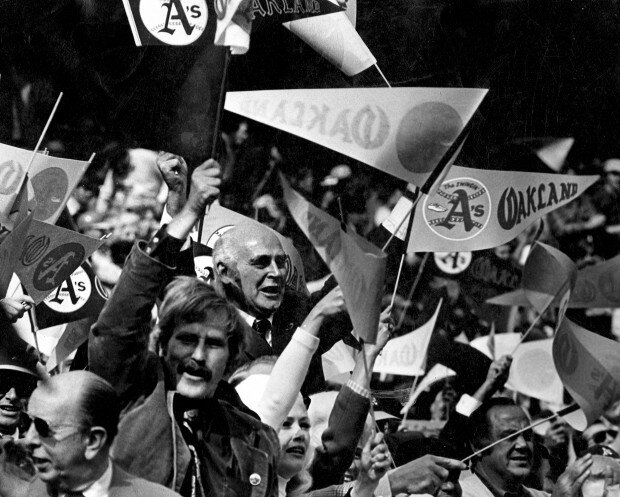
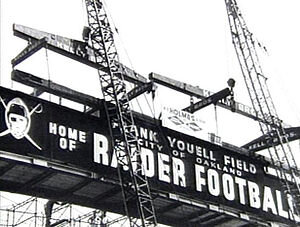
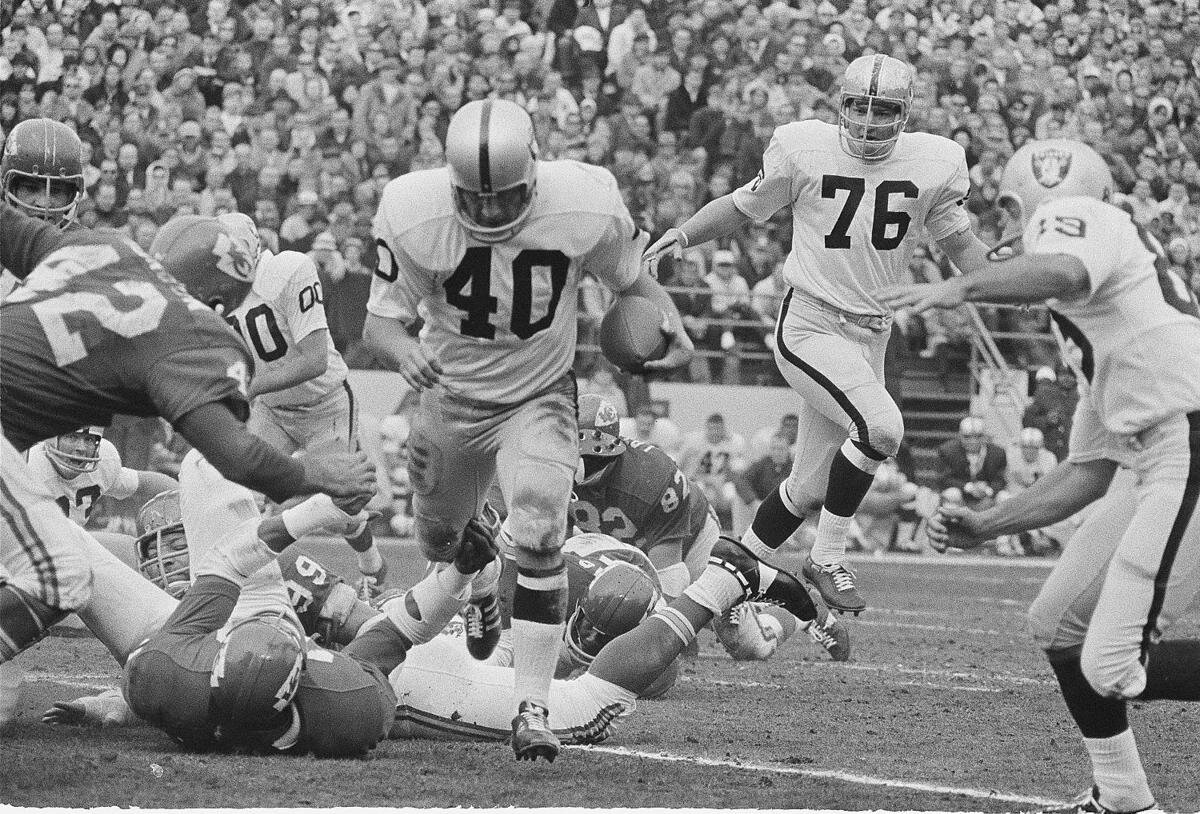
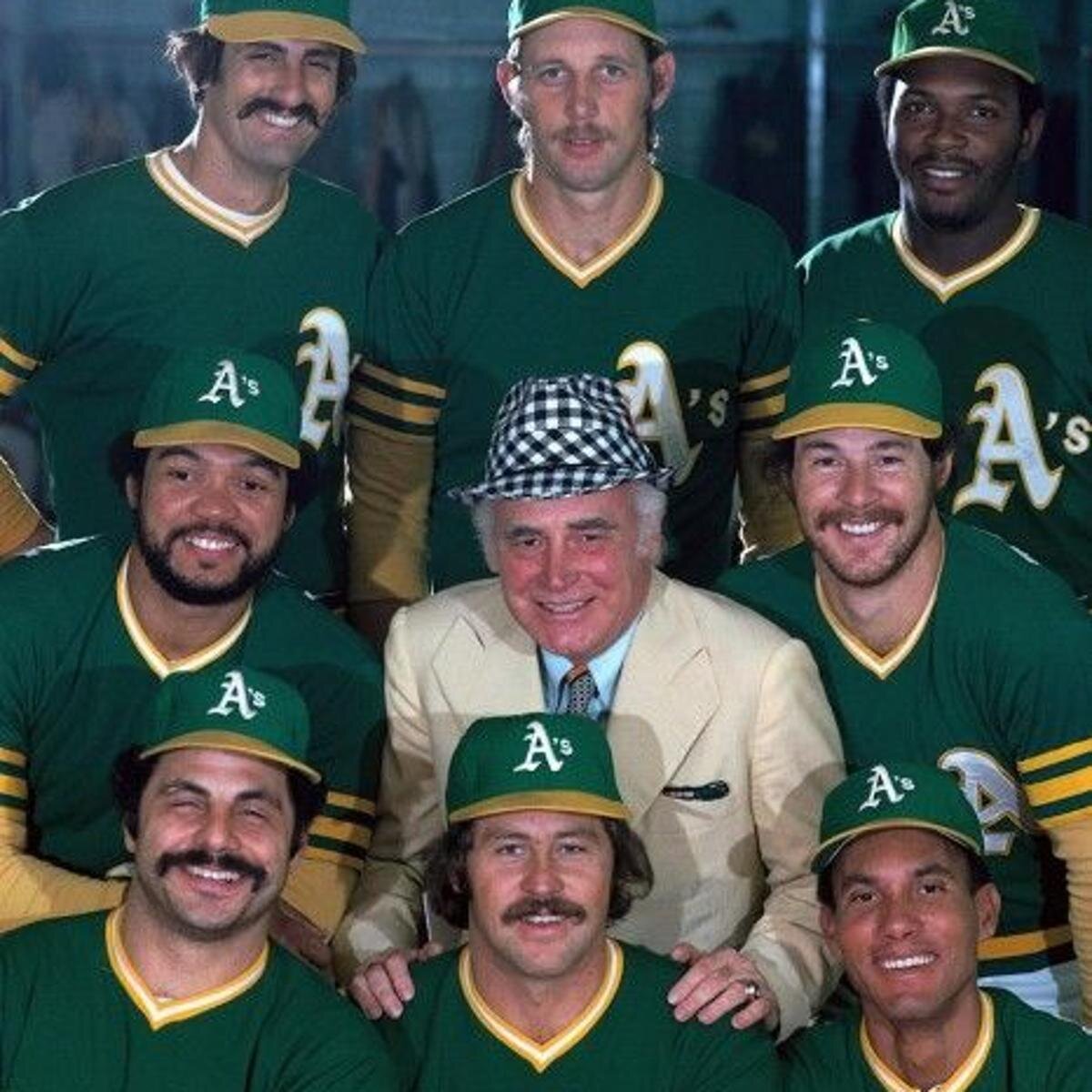
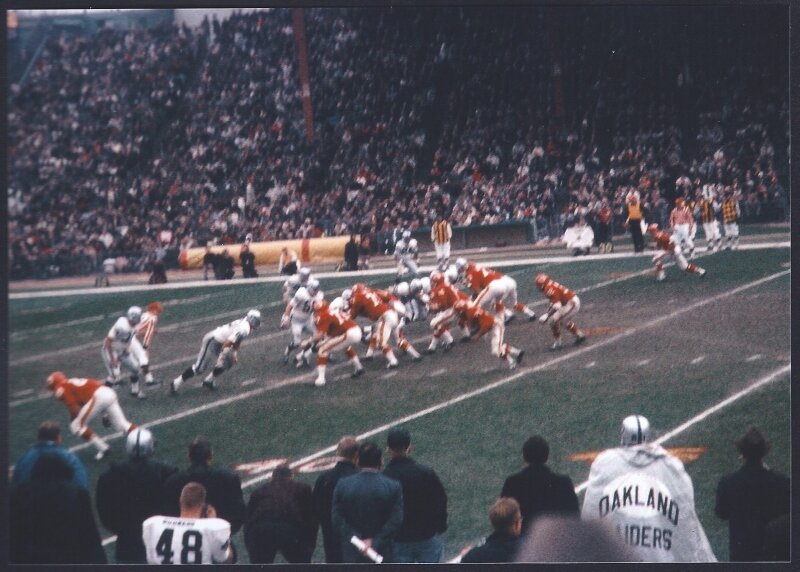
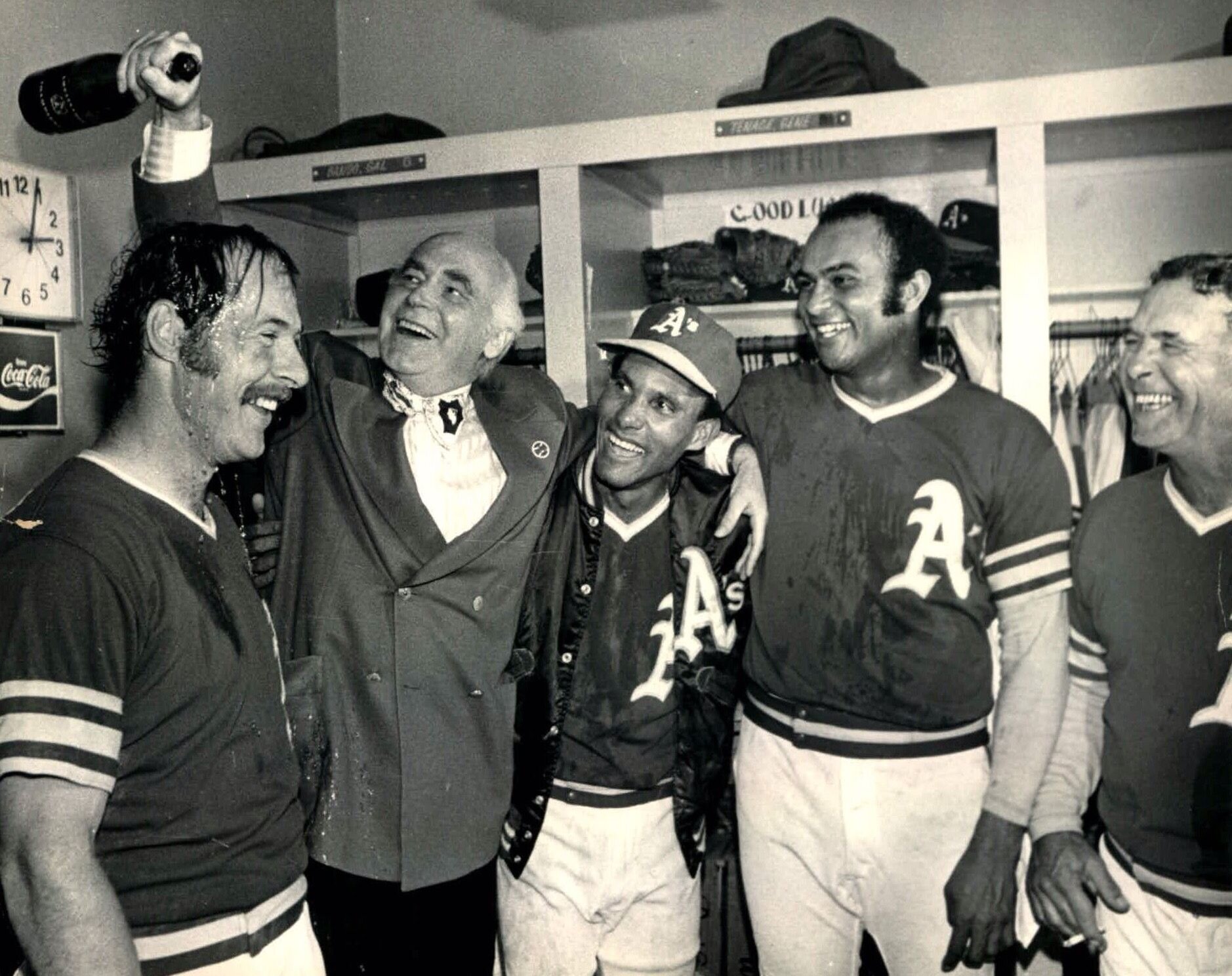
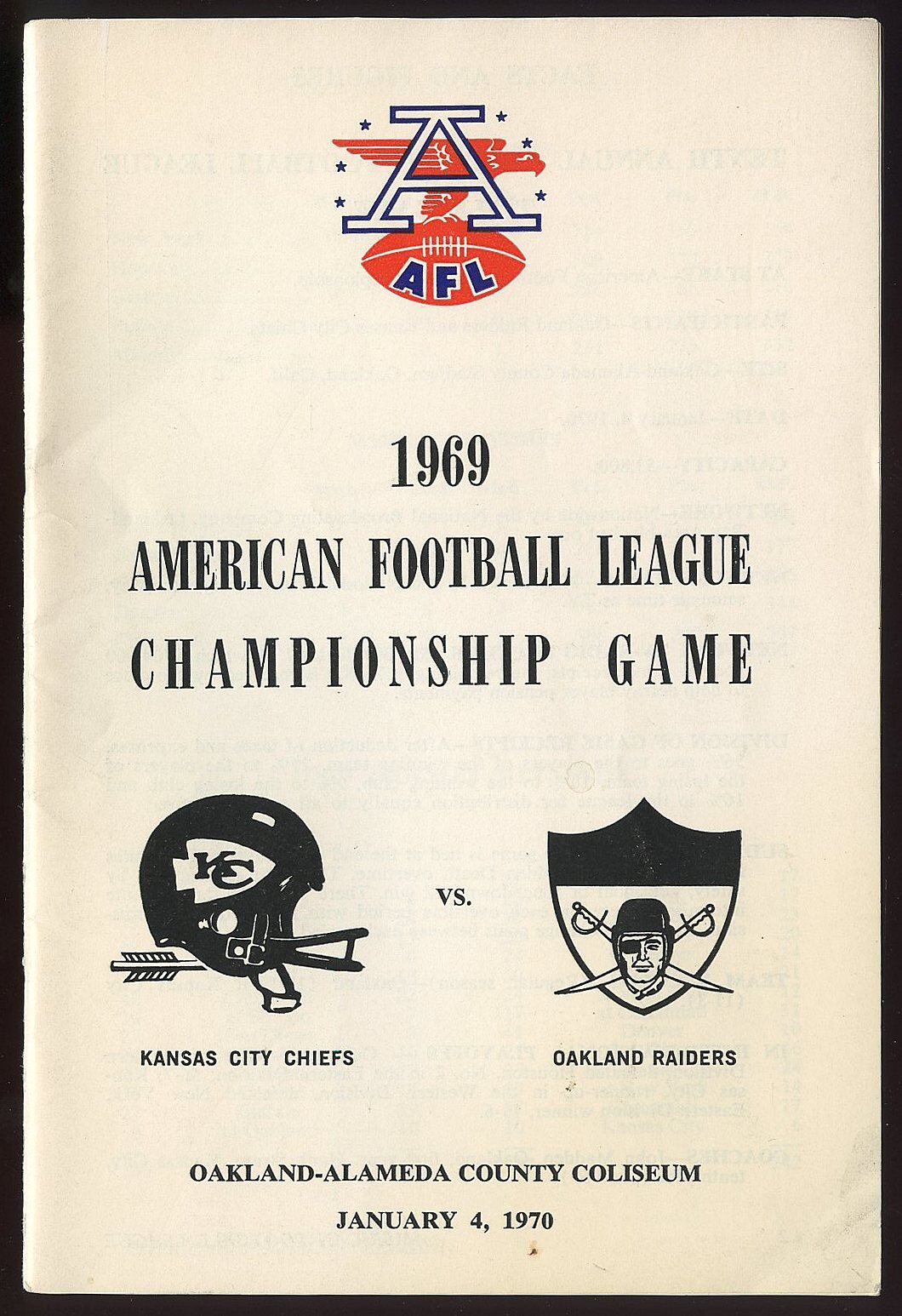
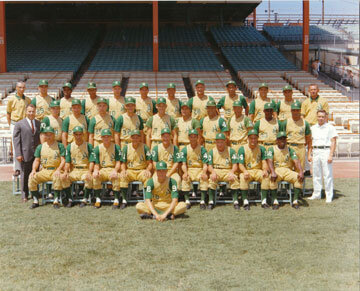
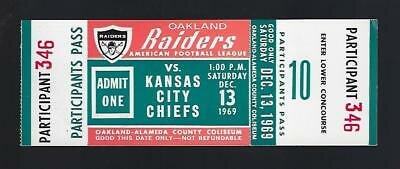
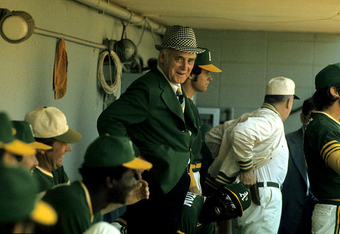
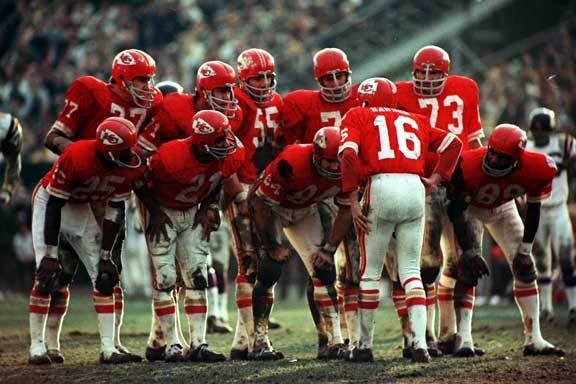
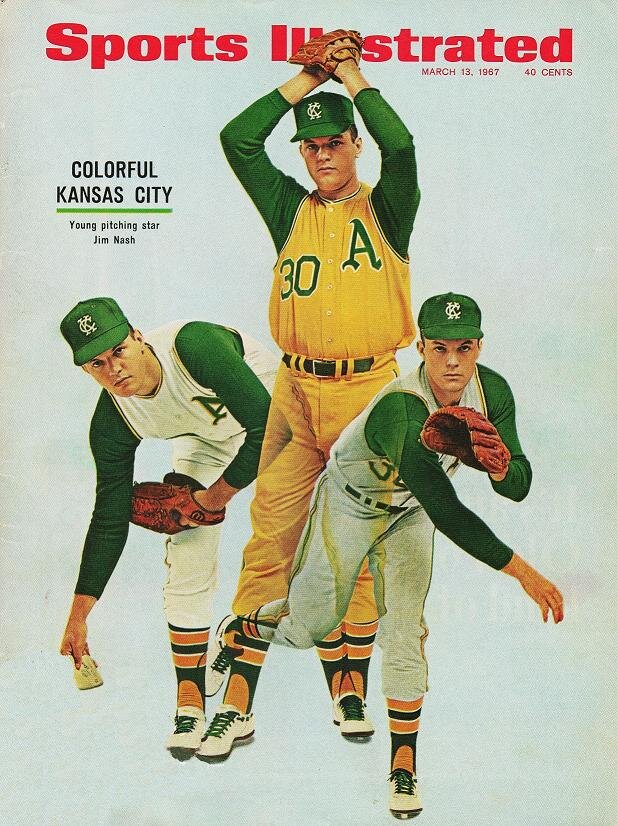
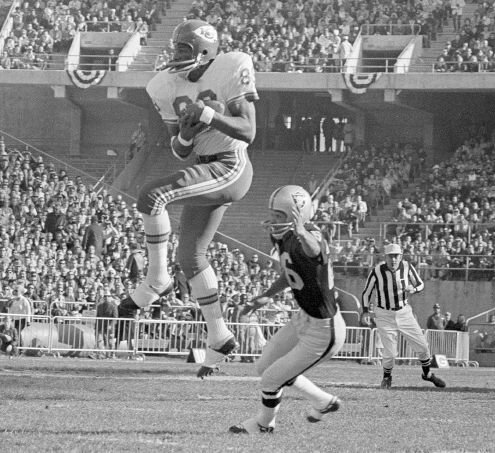

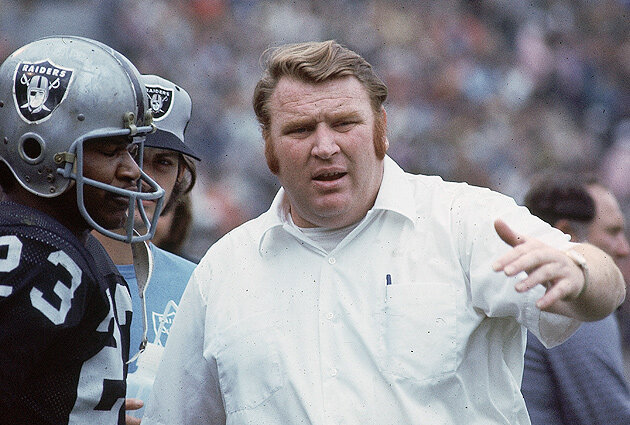
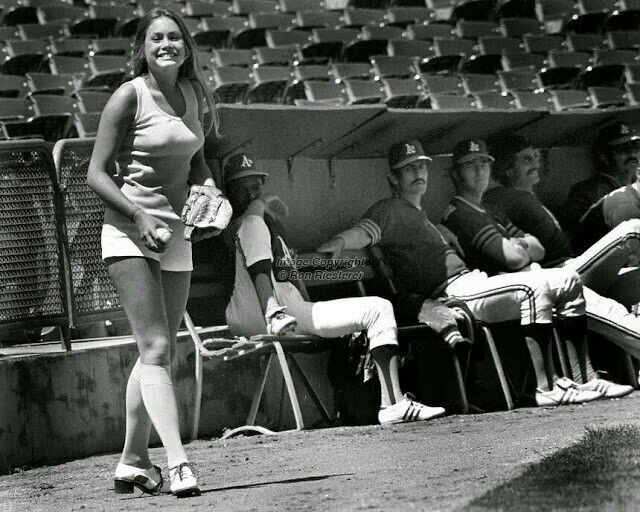
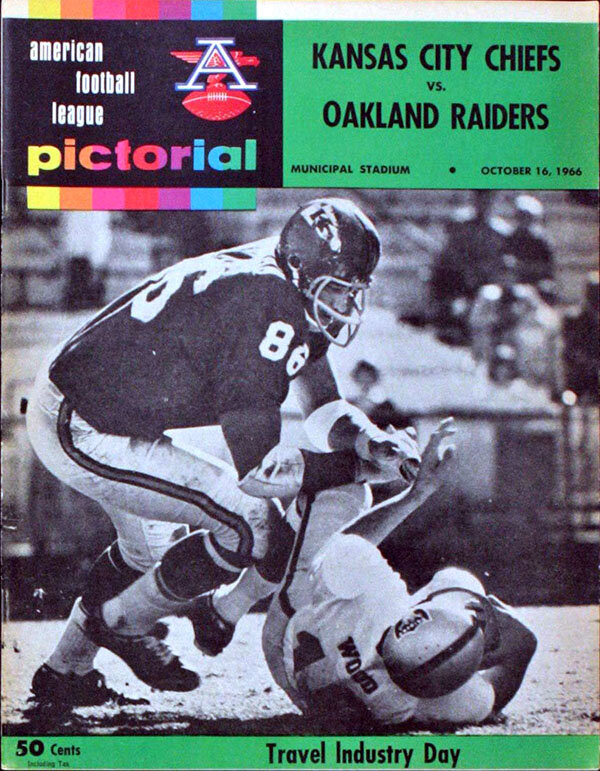
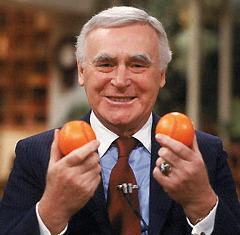
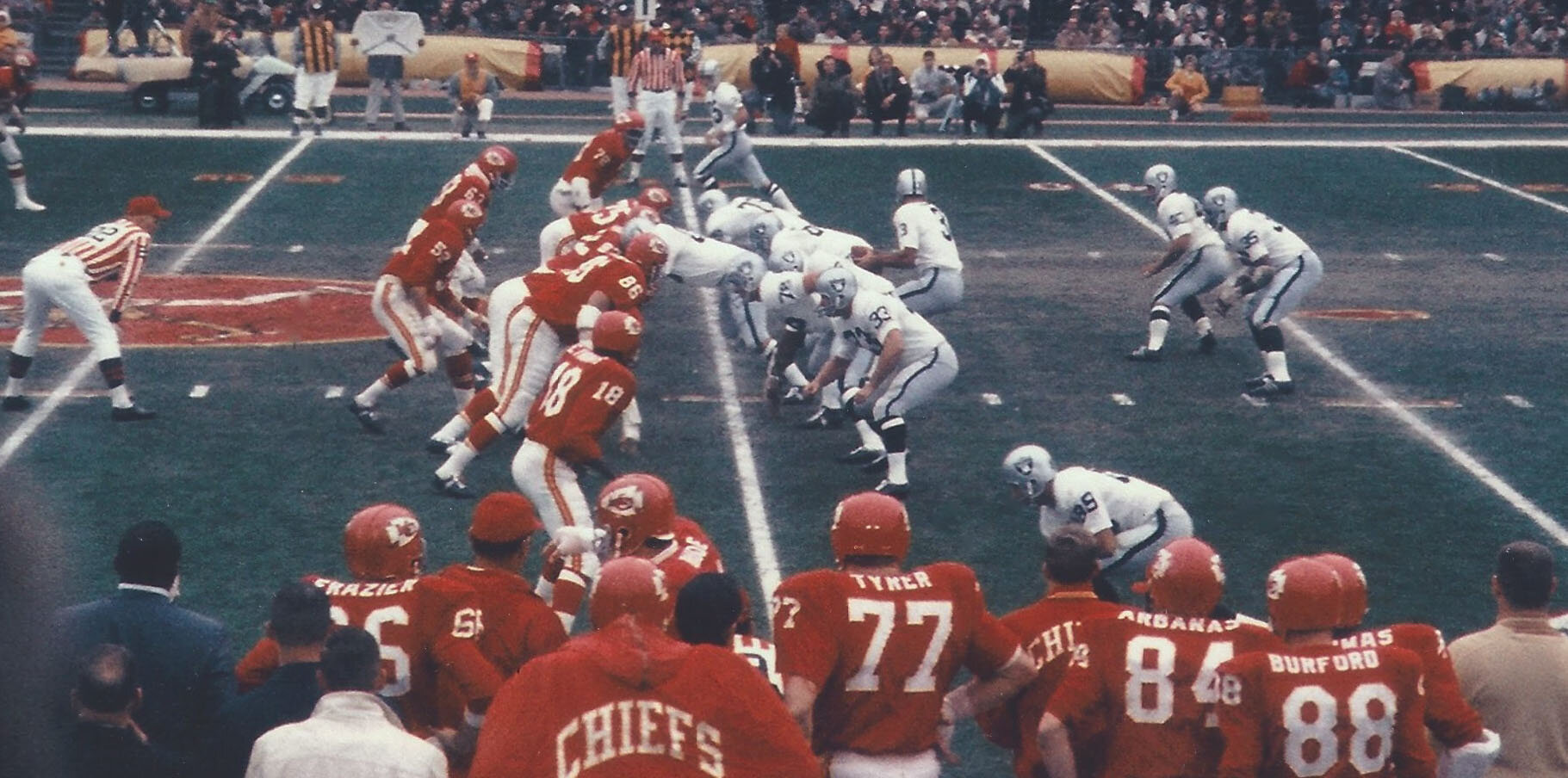


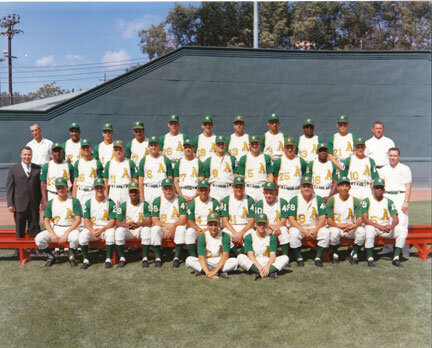
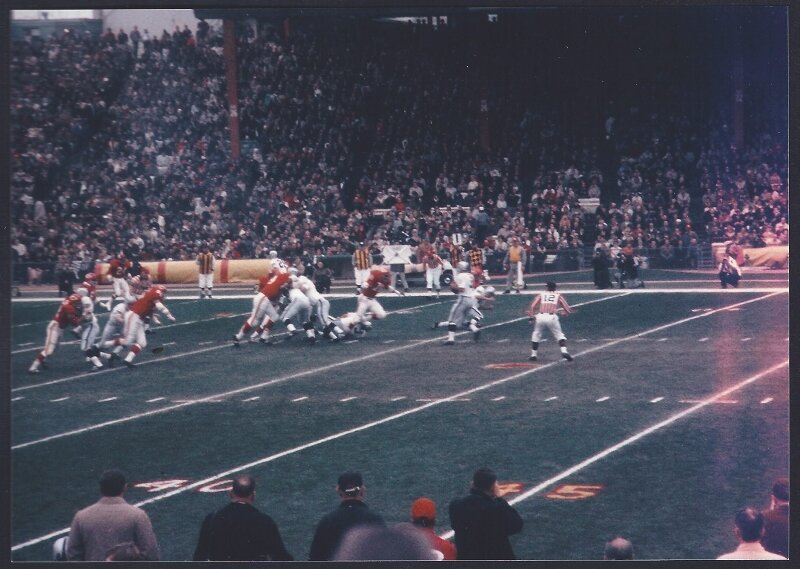
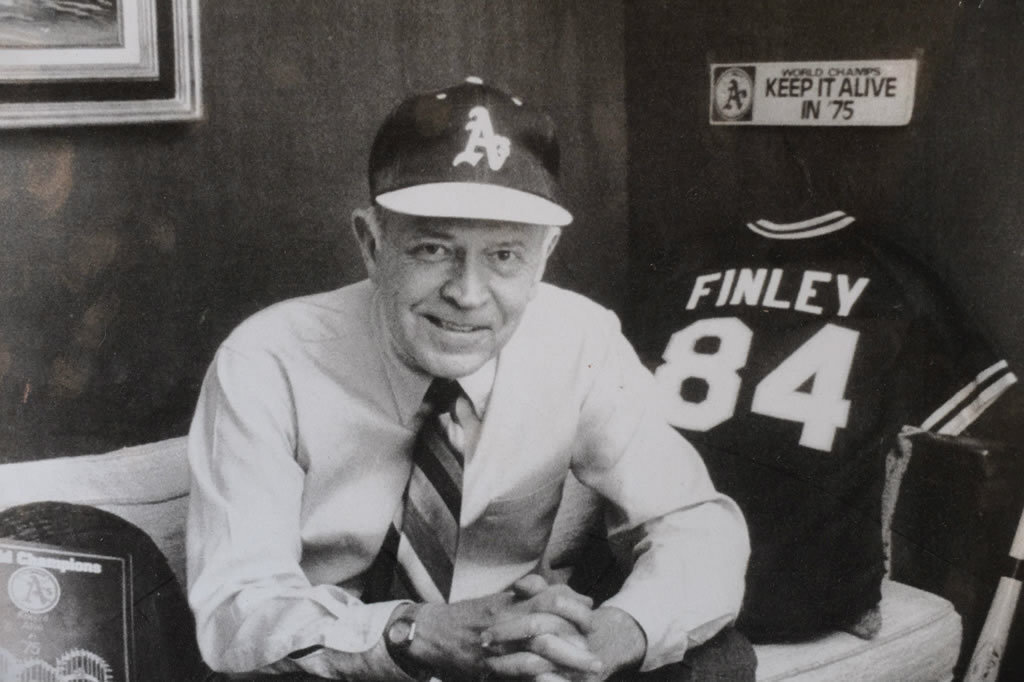
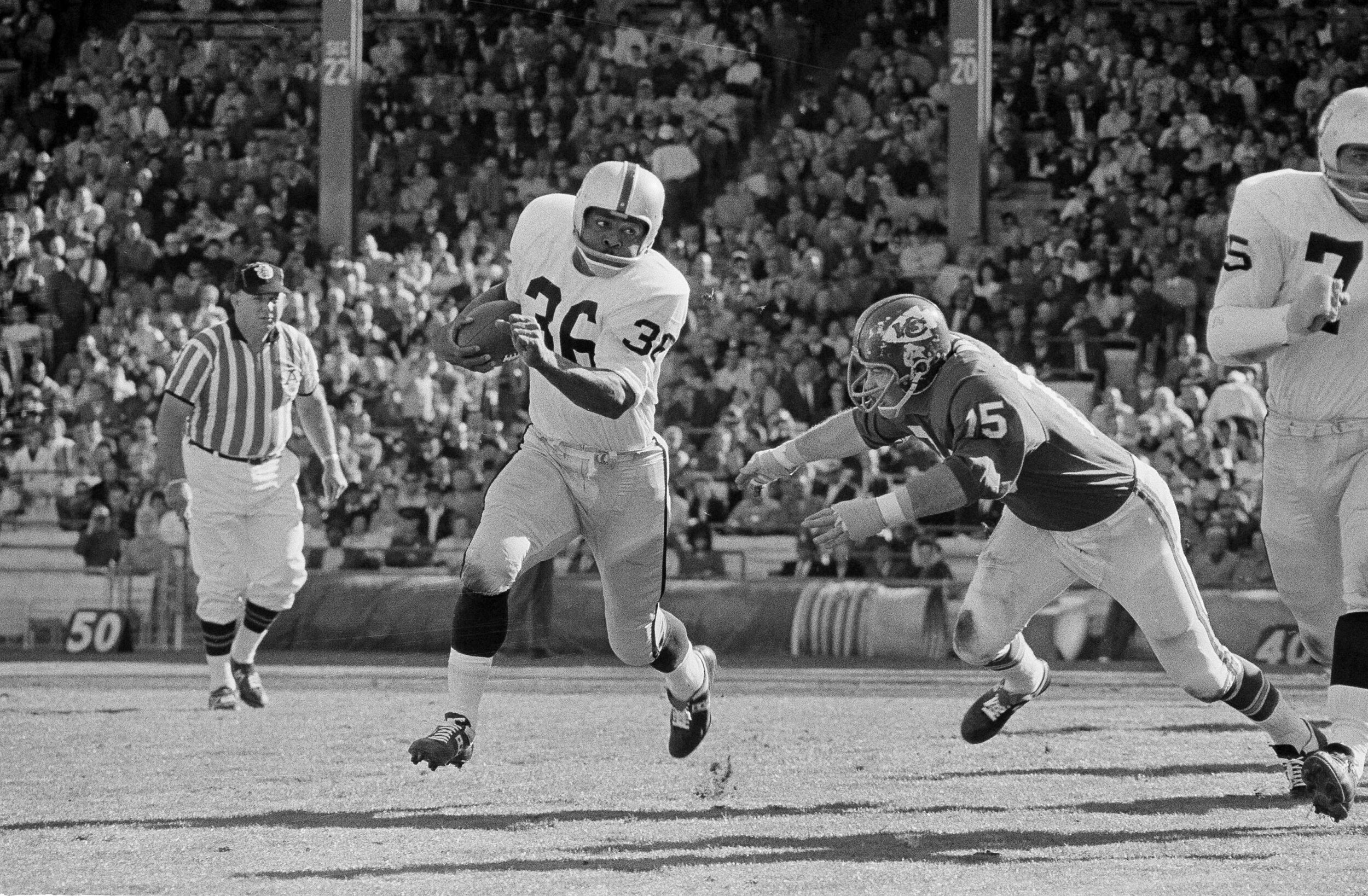
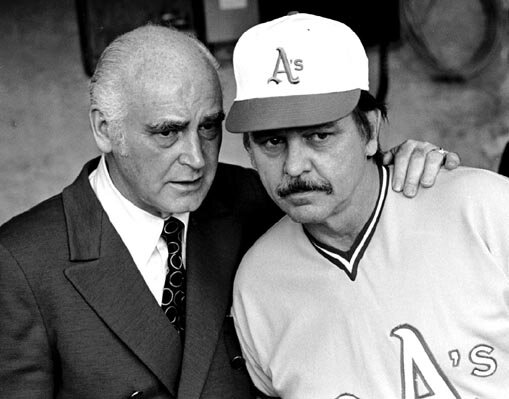
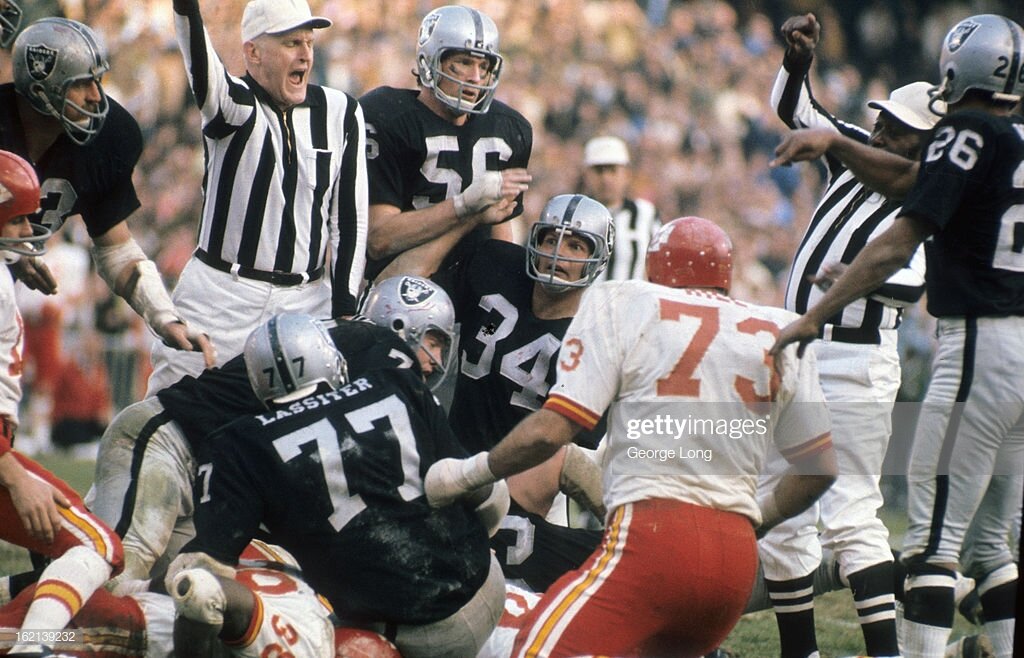
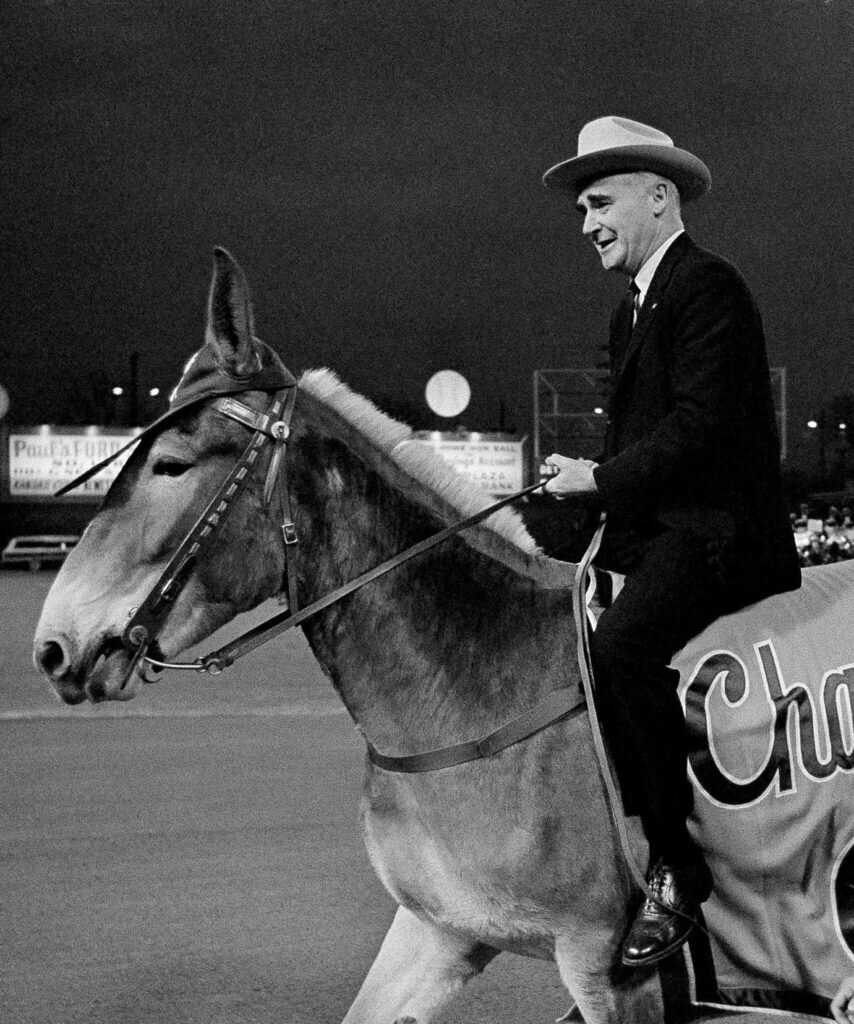

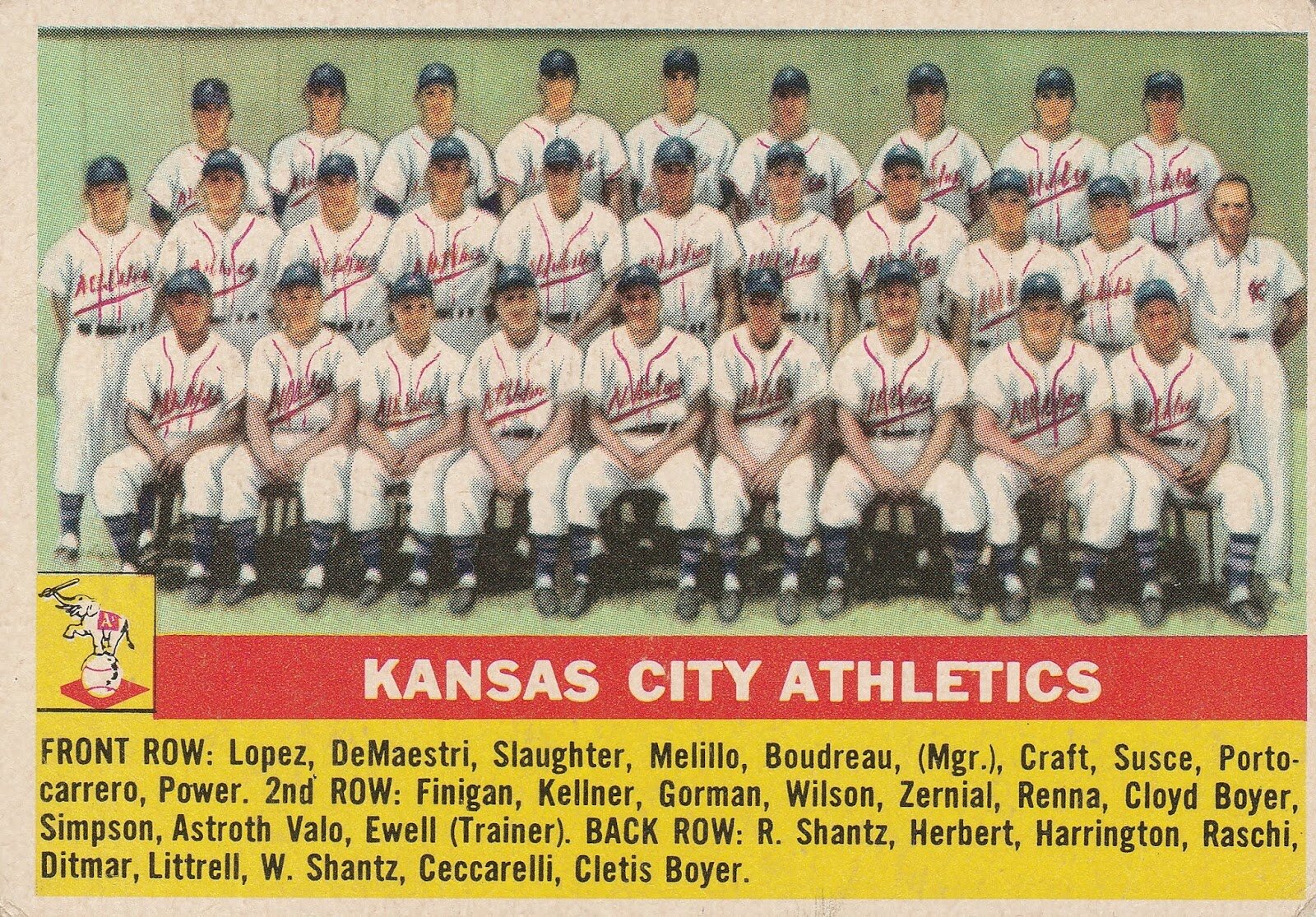
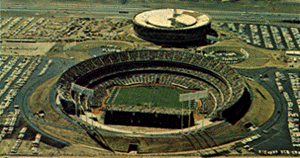
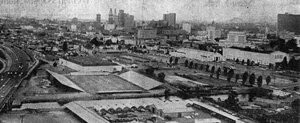
![Jay_Hankins[1].jpg](https://images.squarespace-cdn.com/content/v1/558cb662e4b0fd0c637a89c0/1572230784478-G3FVZA6C3BVIIE8CRXYV/Jay_Hankins%5B1%5D.jpg)
